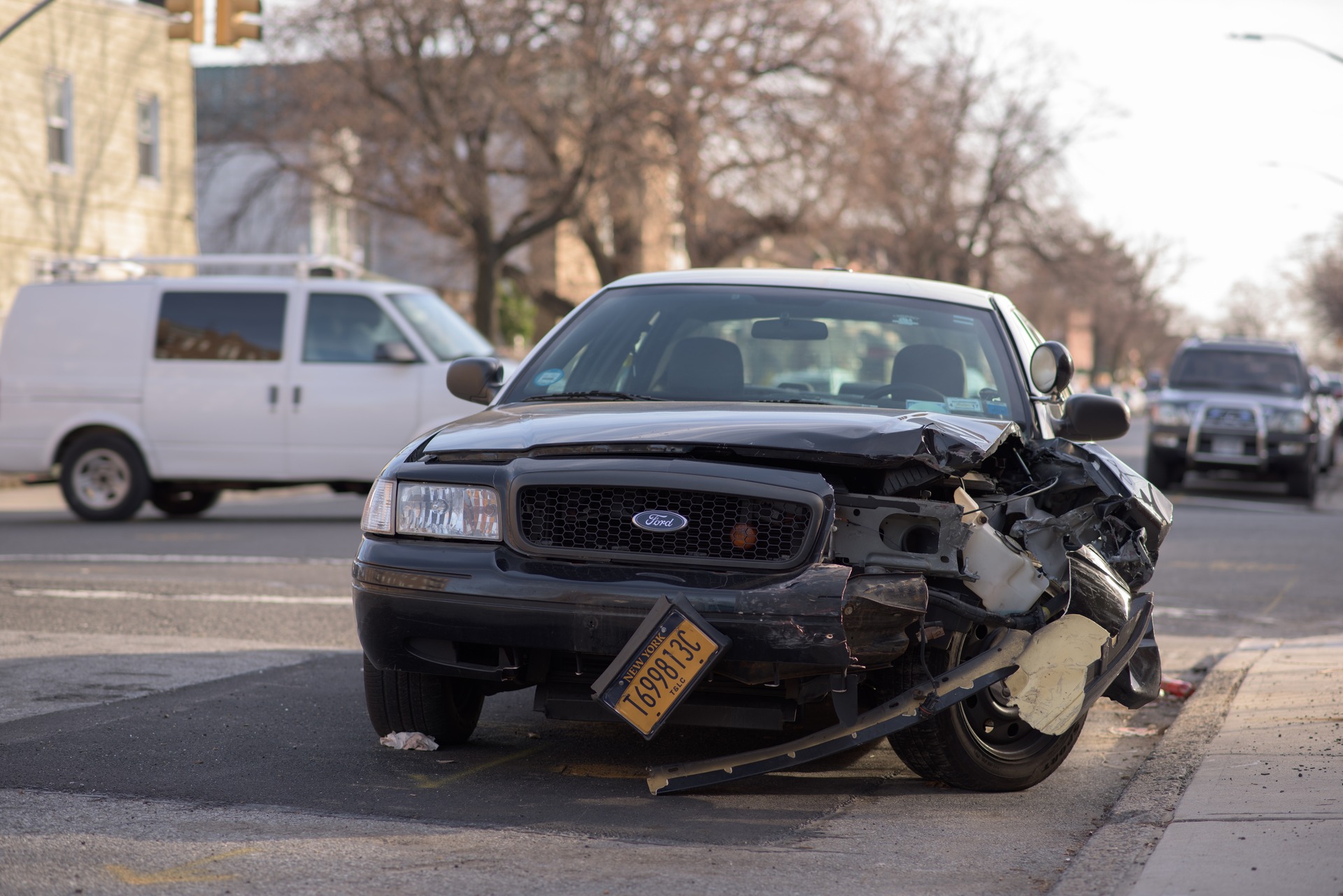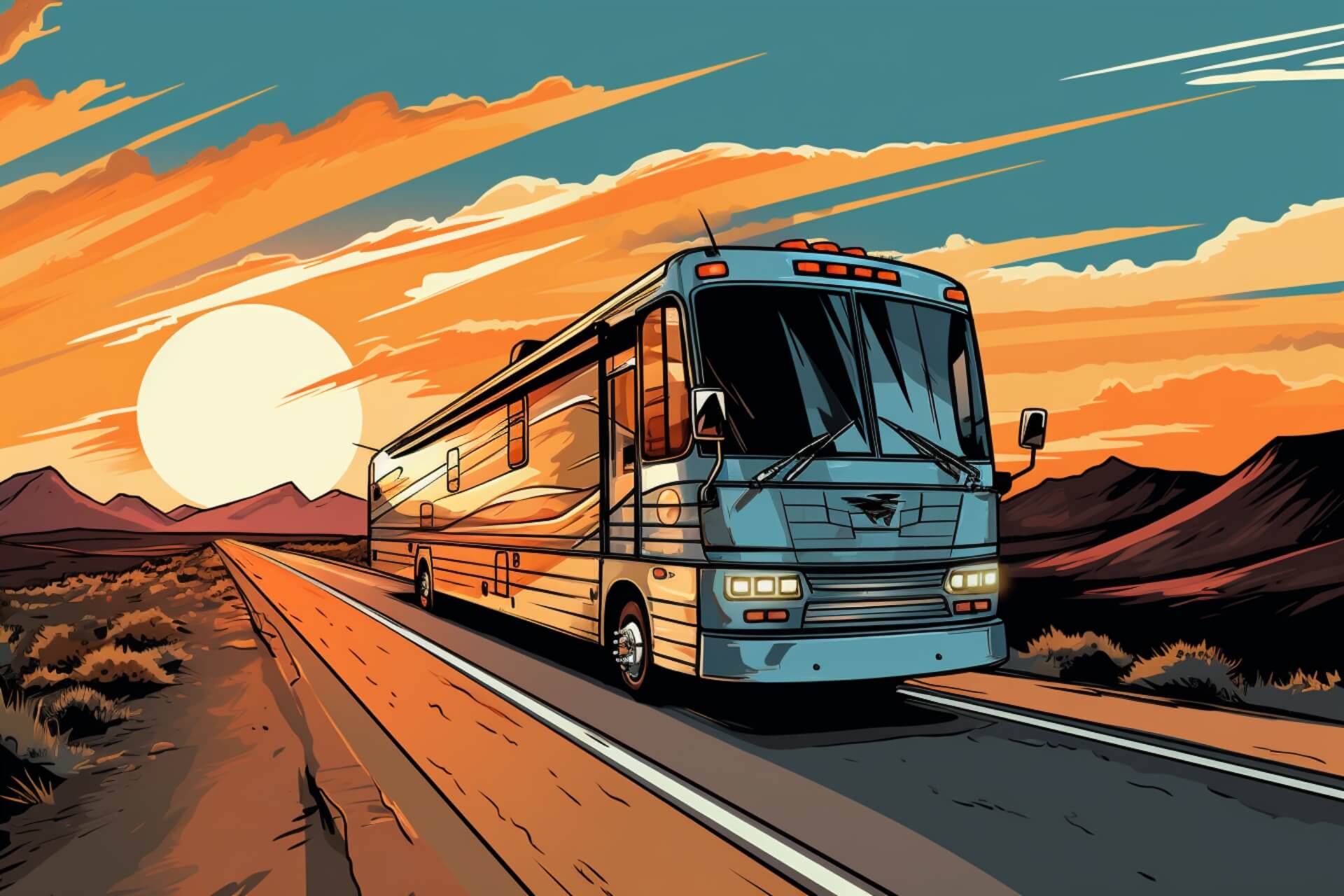What to Do If You Crash the Company Car
Mar 15, 2019

As an Amazon Associate, Modded gets commissions for purchases made through links in this post.
The litany of red tape and busy work that comes with sorting out a car accident is something everyone dreads. However, you might not consider how or if this process can change when you’re driving a company vehicle.
People who own company cars often log more miles in them than their personal vehicles, including the daily commute to work, which is usually the scene of an accident. So, is a crash in a company car just a matter of notifying your company’s legal team and preparing for a scolding from the boss? Unfortunately, it’s more complicated than that.
How to Know If You’re Protected
Insurance purchased by your employer is intended to protect against costs incurred by accidents. However, you need to know where the coverage from this insurance starts and ends. You can’t get away with just anything in a company car. The best rule is to remember that company insurance is only in effect for tasks that are directly approved by your employer — or so closely related to a business activity that they are assumed to be approved.
Remember that there are different types of insurance coverage packages. Some only cover collisions, while others are more inclusive. Ask your employer which kind of coverage you have if you drive a company car.
Accidents that can be covered by company insurance are those that occur as part of the normal course of business where the employee isn’t doing anything illegal. For example, if you take outgoing shipments to the post office every day and your employer knows this to be a standard trip that’s required to do business, you’ll be covered if a skateboarder plows into you while you’re stopped at an intersection. You’ll probably even be covered if he’s injured, although that again depends on whether the employer’s plan is robust enough to cover this scenario.
Scenarios Where You Take the Blame
All of this sounds well and good thus far, so when is it that the buck stops with you versus your employer? Situations that are outside of normal work activities can see you on the hook for costs incurred by the accident. That means that even if you’re driving the car during work hours, you can still be liable if you’re not using it for an approved work task.
Running a personal errand in a work vehicle could end up with you bearing the costs of an injury lawsuit. If you have no reason to take the car out the company coverage will not help you. Of course, the same logic applies if you’re driving the vehicle outside of work hours, which is called a “frolic.” For this reason, it’s always best to use your personal vehicle for any chores you need to run on your own time.
Breaking the law can also trigger your company’s insurance to drop. For example, if you’re driving a company car while drunk, using the carpool lane with no additional occupants in the car or speeding, you would likely be the one to pay up should an accident occur.
Know How To Handle Your Company Car
As an employee with a company car, your employer should go to the trouble of sharing these conditions with you. If they haven’t, do yourself a favor by prompting this conversation and gaining an understanding of your company’s coverage mode. This way, you can be sure to follow the policy at all times and avoid having to pay for any damages.





